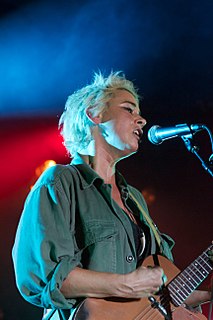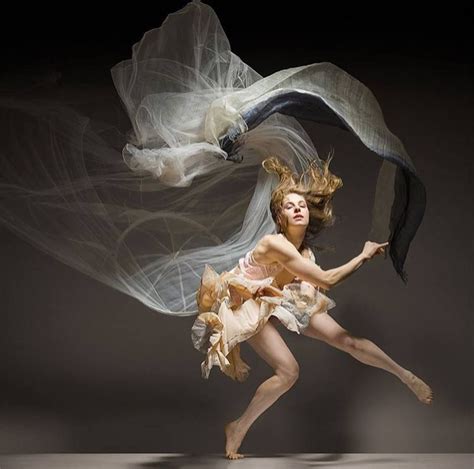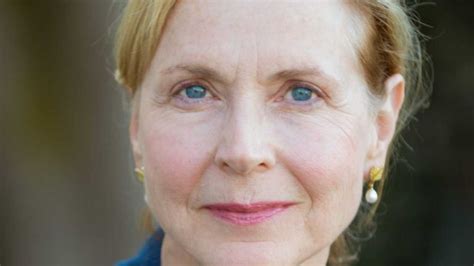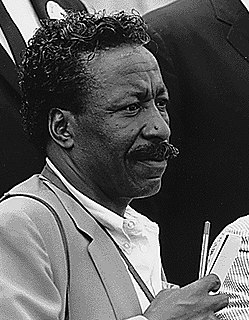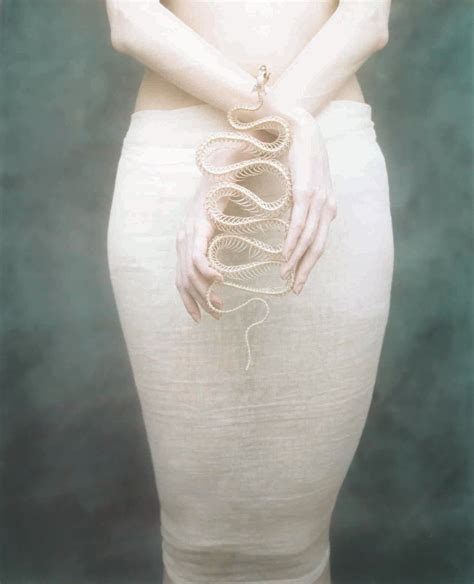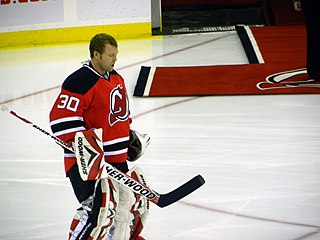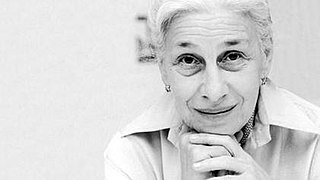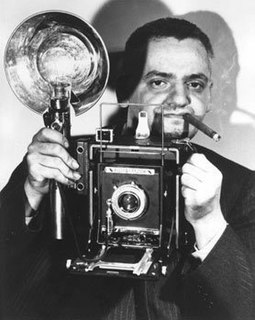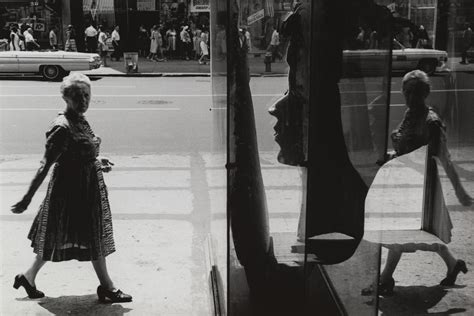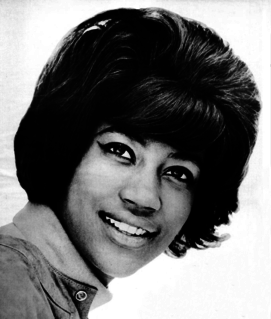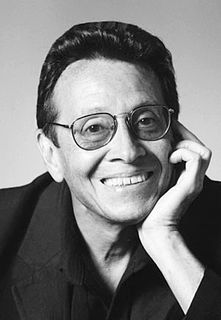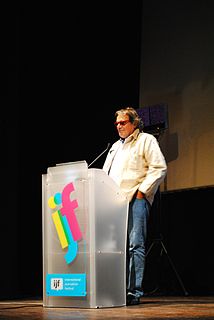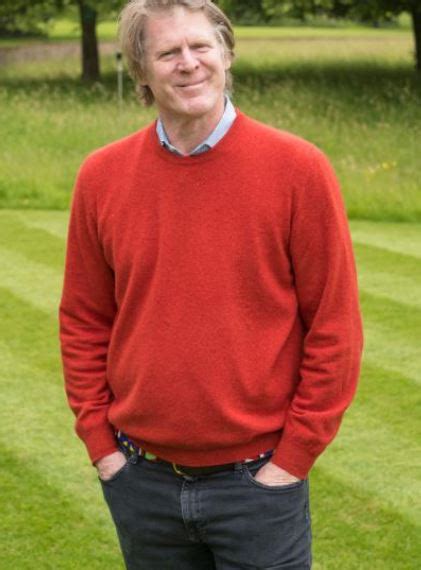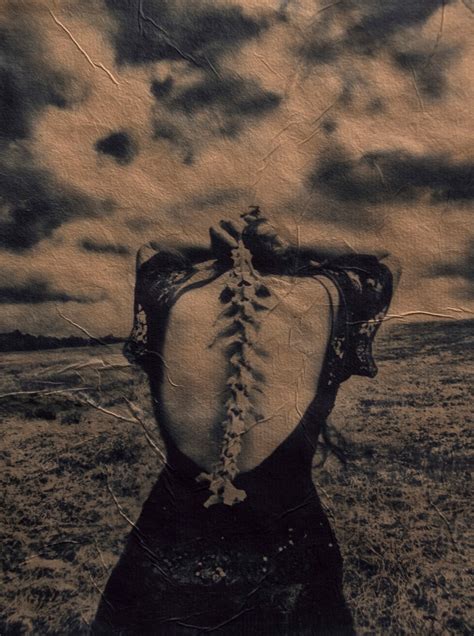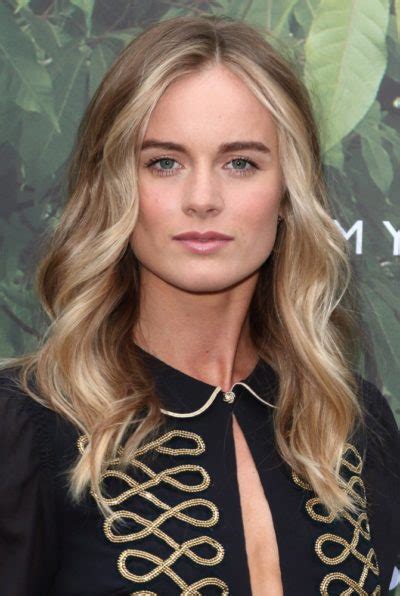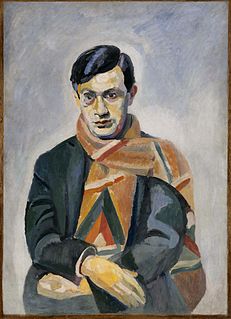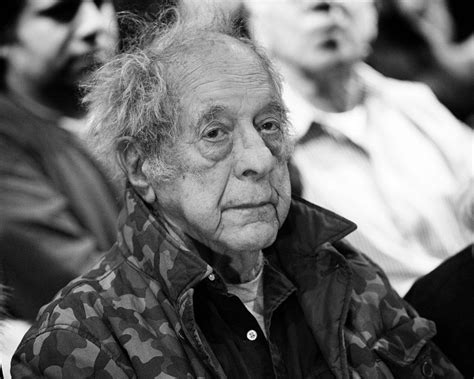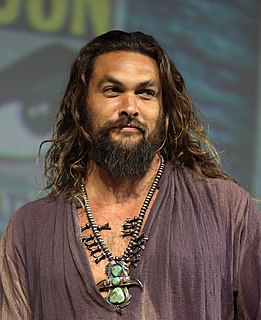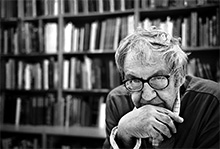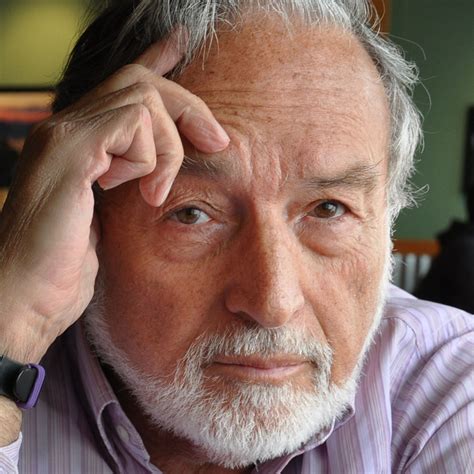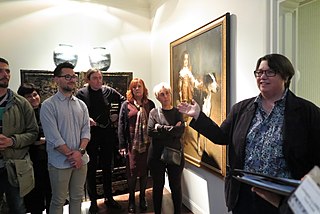Top 995 Photographer Quotes & Sayings - Page 13
Explore popular Photographer quotes.
Last updated on December 22, 2024.
With chemical film, it was possible to alter photographs, but you had to be an expert. That's not true any more. The LA Times fired a photographer at the beginning of the Iraq War for editing two shots together. Photography is crumbling. Certainly it is for the newspapers a bit now, isn't it? There will be painting again, absolutely!
My mom had a Canon AE1 camera and I read the manual and that's basically how I became a photographer. I was in the Baltimore punk scene. I knew it was a special time, so I went out and documented that whole era. I was the only person to really do it of my friends in real black and white, beautiful portraits.
Africa is mystic; it is wild; it is a sweltering inferno; it is a photographer's paradise, a hunter's Valhalla, an escapist's Utopia. It is what you will, and it withstands all interpretations. It is the last vestige of a dead world or the cradle of a shiny new one. To a lot of people, as to myself, it is just 'home'. It is all these things but one thing - it is never dull.
Photographs will always be impressive because they show us nature, and all artists will find in them a world of sensations. The photographer must therefore intervene as little as possible, so as not to cause photography to lose the objective charm which it naturally possesses, notwithstanding its defects.
Through a portrait, we can potentially see everything — the history and depth of a person's life, as well as evidence of a primal universal presence. I have dedicated my life and creative energy to capturing these transcendent moments in which a connection is made between the subject, the photographer, and the viewer.
Up to and including the moment of exposure, the photographer is working in an undeniably subjective way. By his choice of technical approach, by the selection of the subject matterand by his decision as to the exact cinematic instant of exposure, he is blending the variables of interpretation into an emotional whole.
It fascinates me that there is a variety of feeling about what I do. I'm not a premeditative photographer. I see a picture and I make it. If I had a chance, I'd be out shooting all the time. You don't have to go looking for pictures. The material is generous. You go out and the pictures are staring at you.
...insight, vision, moments of revelation. During those rare moments something overtakes the man and he becomes the tool of a greater Force; the servant of, willing or unwilling depending on his degree of awakeness. The photograph, then, is a message more than a mirror, and the mans a messenger who happens to be a photographer.
It 2001 when we started. But prior to that, I had made this website called sundancepics.com, where me and this other photographer, Randall Michelson, could sell our images from Sundance online and it was successful. Steve Granitz, who's my main partner at WireImage, we were already working together, and I was like, "Look dude, this is it. We can do this."
Because of reality television and all these celebrities thinking they can be designers, everyone imagines that they can just become a designer, photographer, or model, but that's not the way things work. People have to go to school, learn their craft, and build a brand - that's the right, healthy way to do things.
When everything that is called art was well and truly riddled with rheumatism, the photographer lit the thousands of candles whose power is contained in his flame, and the sensitive paper absorbed by degrees the blackness cut out of some ordinary object. He had invented a fresh and tender flash of lightning.
I think that I was lucky that I was 30 when I did 'Love Story', which came with this extravagant pop celebrity. I had already done 15 years of what I call 'real' work.' I was a waitress, chambermaid, and a photographer's assistant, so I knew that I was tremendously lucky as a novice actor to have that big hit.
I never considered myself a good photographer. I still don't. I thought of myself as a hard worker. My camera was a sponge and I had an instinct that athletes have - anticipation. Photography really represents an enormous amount of anticipation - understanding what might be there the next moment and being prepared for it.
Recording sessions were stimulating to photograph, because everything was in motion: the subject, the musicians, the technicians and the photographer. You needed fast reflexes to keep up with moving targets, and sensitivity and skill to get the pictures while keeping out of the performers' eyeline so as not to break their concentration.

